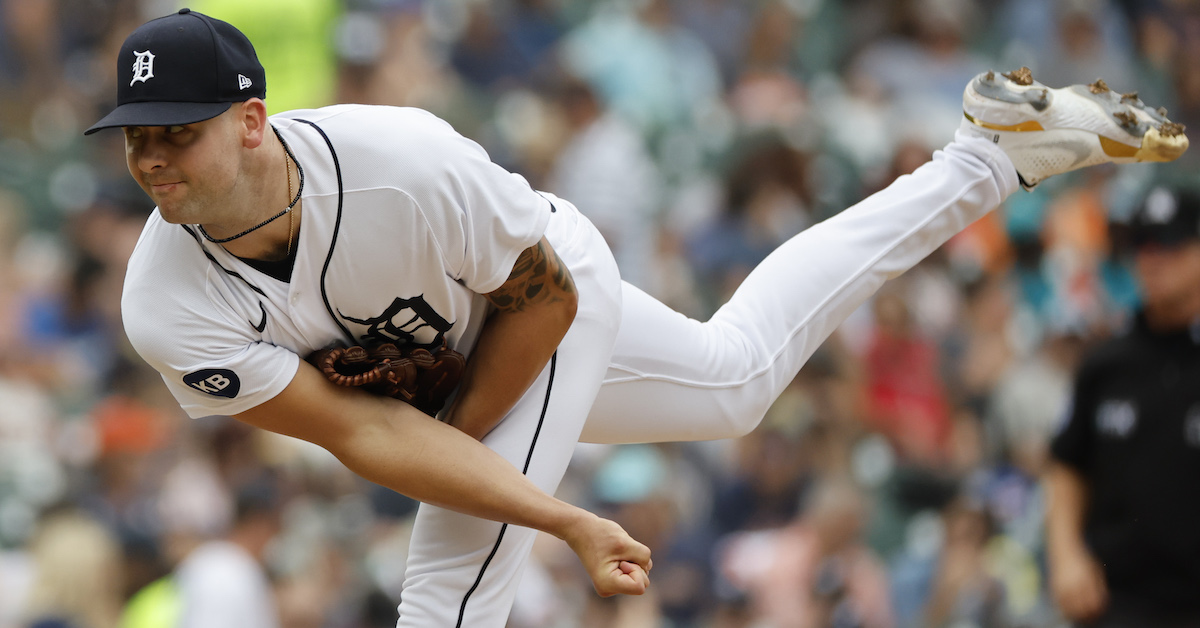For the 18th consecutive season, the ZiPS projection system is unleashing a full set of prognostications. For more information on the ZiPS projections, please consult this year’s introduction and MLB’s glossary entry. The team order is selected by lot, and the next team up is the Detroit Tigers.
Batters
Oops! Last preseason, I regularly expressed guarded optimism that the Tigers had enough going for them that I thought they’d handily beat their rather grumpy ZiPS projection of 73 wins. While there are plenty of times when I win my personal disagreements with my creation, there are quite a lot when I don’t, and this was a particularly stark one! The Tigers were basically the anti-Orioles of ’22, with the vast majority of the roster leaving the season with a worse projection than they started it with, and the possibly-too-pessimistic ZiPS estimate turning out to be over-generous by seven games. So what happens now?
The relatively good news is that Detroit will likely get some boost simply from regression toward the mean — the so-called “dead cat bounce,” or what Bill James coined “the Plexiglass principle.” Jonathan Schoop, at 30, sported an OPS more than 160 points off his career numbers, and even if I feel worse about him, he would be hard-pressed to be that bad again. Similarly, Spencer Torkelson, a preseason contender for the Rookie of the Year last season, has lost a lot of the shine, especially given that his return to the minors was similarly bleak, but it would be hard for him not to improve on a .604 OPS.
Javier Báez had his worst full (normal-length) major league season offensively, but he still managed two WAR and is only a year removed from a legitimately All-Star level season (and just turned 30). ZiPS projects muted rebounds from Akil Baddoo and Austin Meadows, though injuries will always be a concern with the latter. The team’s multi-headed catcher situation would have to try to hit worse than Tucker Barnhart did. No similar bounceback is likely for Miguel Cabrera, though Albert Pujols looked toast-like and had a solid finale; the Tigers just aren’t likely to make a push to maximize his playing time with his milestone moments behind him.
So, if the Tigers’ offense is likely to be better, is it likely to be good? Not really. While the roster has a lot of players who you’d expect better from given their established abilities, having so many known quantities also limits just how much upside there is. Báez could be very solid, if flawed in many ways; there’s still hope for Torkelson; and Riley Greene, better than most Tigers in 2022, doesn’t have an appreciably diminished ceiling from a year ago. But where is the dream scenario? Bad teams have to be run so they at least have some future hope, and it’s hard to see an actual good offense constructed from the players currently within the organization. Detroit is more likely to spend money someday than the rest of the division, but this lineup is too flawed to be fixed by slapping on a high-priced player or two. It’s a mess, and new team president Scott Harris has a huge task ahead of him. Read the rest of this entry »





